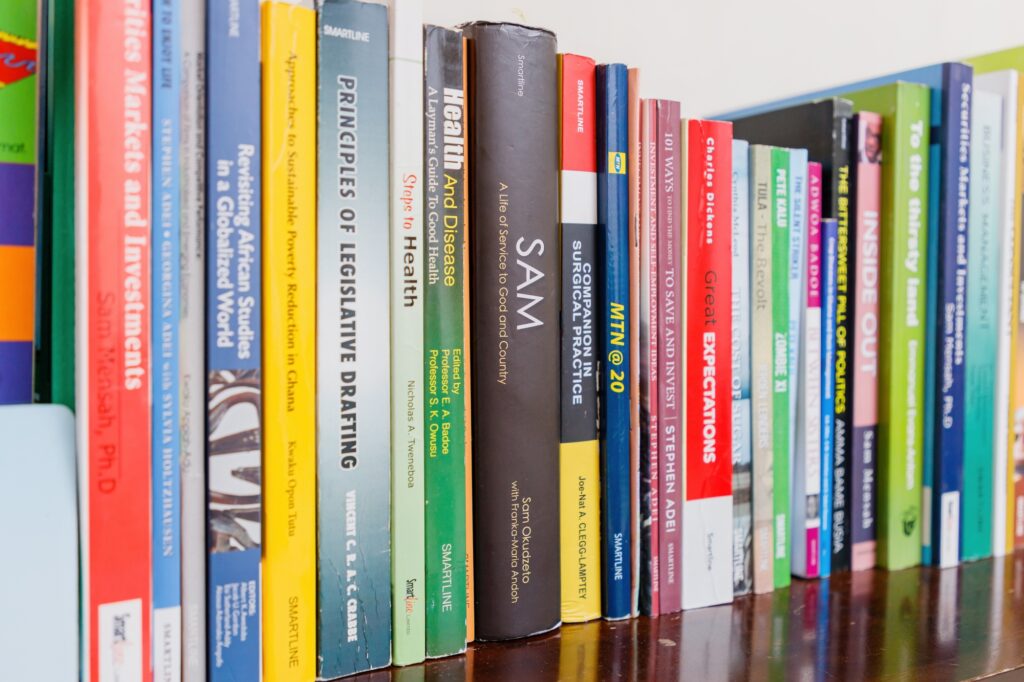By 2050, Africa’s population will grow from 1.51 billion to 2.45 billion. This demographic power will propel Africa into an economic powerhouse. Africa’s GDP in 2050, in the most modest scenarios, will be in absolute value the GDP of China today (1).
But this demographic power will only reveal its full potential if for the next three decades education is considered a top priority. In the medium and long term, education is the most powerful factor of change, the most effective instrument to fight against poverty and inequalities. And in general, it is essential to the achievement of each of the 17 sustainable development goals.
To illustrate, on two maps, the first showing the poverty rate in the world (2), the second showing the literacy rates (3) (the first indicator of the level of education in a country): the correlation between the two maps is simply incredible. The least developed countries are those with the lowest literacy or education rates.
If today the stakes around this question are recognized, and moreover, policies of access to education are already being applied on the continent, these efforts must also be extended to all the actors involved in the process of transmission of knowledge and know-how, among which that of the publishing industry.
After great teachers, the best learning opportunity for a child is to have a great book.
The World Bank, for example, admits that after good teachers, the best learning opportunity for a child is a good book. I think this perfectly defines the essential role of books. All books, not just textbooks, provide the best possible learning opportunities.
Today there is evidence that if you want publishing to influence a country’s education, it must also be endogenous.
Today, the market for educational textbooks, but more generally for books, is dominated by imported products. Local and African know-how tends to be overshadowed by universal knowledge. However, the two can and should coexist.
In an increasingly globalized world, it is important to acquire universally recognized knowledge, meeting the epistemological conditions of modern science, marked by the seal of rigor in the collection of information, validated by the multiplication of experiments and rid of all irrationality. The acquisition of this scientific knowledge, with a universal and normative vocation, is necessary, at the risk of being marginalized in the global city.
But, as mentioned above, local know-how tends to disappear precisely because, unlike universal knowledge, it is experiential, pragmatic but progressive and, above all, rooted in a particular experience and context. And in a way, it is in this form of exclusivity that all the potential of local know-how lies. For they answer African questions in a pragmatic way and are the answers adapted to the context in which African societies and entrepreneurs evolve.
For heritage and identity purposes, but also for knowledge as a whole, this know-how must be taught and transmitted to future generations in the same way as scientific knowledge is transmitted.
- L’Afrique deviendra une grande puissance économique” – Jean-Michel Severino: https://www.youtube.com/watch?v=A2kwLTXUWn8
- https://en.wikipedia.org/wiki/List_of_sovereign_states_by_percentage_of_population_living_in_poverty
- https://fr.wikipedia.org/wiki/Liste_des_pays_par_taux_d%27alphab%C3%A9tisation
- https://scienceetbiencommun.pressbooks.pub/justicecognitive1/chapter/la-place-des-savoirs-locaux-endogenes-dans-la-cite-globale-essai-de-justification/
